I’m afraid it’s true. There exists a particular people group whose members covertly seek to manipulate those around them in a quest for the group’s power and influence over others. They push this conspiracy right under the noses of everyone else, maintaining plausible deniability of their most offensive beliefs. Some voices on social media claim to see what the group is up to and warn others of signs that point to the group’s broad conspiracy operating just out of sight. The group claims historical credibility as the original and authentic bearers of the truth, even as they hypocritically remain dodgy with their language and true motivations to not expose their true intent.
According to the choir of stone-brained anon incels on social media, this group is the Jews and their useful idiot dispensationalists. For the guys who spearheaded the Antioch Declaration, it’s the Christian Nationalists online who the stone-brained guys sometimes retweet and who play coy with their actual race-driven goals.
Hear me out before you bite my head off, well-meaning Antioch signer. You are right to be concerned about the potential for fear-driven, sinful overreaction in the hearts of jaded churchmen. Our secularized culture has insisted these young men are invariably to blame for every social ill – real or imagined. At the same time, it throws victim parties for literally every other demographic in existence. This is enough to make every Christian man see the prevailing cultural gatekeepers as their enemies. In the face of precipitous cultural decay, the decimation of Christian values in the media, academy, and the institutional church, Christian men have not only been witness to the horrifying results of this godlessness, they’ve been blamed for them. All the while, they’ve had to endure the spiritual abuse of Christian leaders in and out of the church, “reaching” the culture through sniveling capitulation to the whims of sinful men, taking marching orders from Caesar rather than Christ.
And so we’ve arrived at a moment where Christian discourse suffers from a credibility crisis that parallels the one affecting broader secular society. “Pastor” is as likely to provoke mockery as it is to invite respect. Corrupt governing authorities twice impeached and convicted a former president of multiple felonies yet lacked the credibility to prevent more of us from voting for him. Christian men are desperate for voices they can trust – not to dictate to them what they can or can’t ask or think, but to be courageously consistent in belief, purpose, and engagement. As Braveheart’s William Wallace famously said, “Men don’t follow titles, they follow courage,” and never has this been more evident than in this age of institutional distrust.
We’ve seen multiple times over the preceding decades – when a significant doctrinal threat to the church reared its ugly head – fellowships of evangelical statesmen would come together to craft a new statement/declaration/confession, bringing scriptural authority to bear on gender issues, inerrancy, or social justice (to name a few). These statements almost always originated from scriptural inerrantists and their commitment to the eternal endurance of the Word, with the goal of the truth eclipsing the signers themselves and standing as an enduring answer to the topic addressed.
And so many of us were caught off guard when a new statement was released out of nowhere on “racial ideologies threatening the Church” that referenced the French Revolution, views on World War II, and whether or not Judaism is an exceptional threat to Christianity, forwarding a somehow both generalized and specific call to “avoid a diabolic ditch on both sides of the road.” This statement, dubbed the Antioch Declaration and named for the place Paul rebuked Peter for hypocritically preening for Jewish Christians over Gentiles ones, takes aim at unnamed “wolves clothed as shepherds” and “the younger generations of Christian men” they are purportedly leading astray. Most concerningly for careful observers, the statement was headlined by several pastors involved in an ongoing ecclesiological conflict material to the statement’s content – released while the conflict remained unresolved.
More Questions than Answers
Was the Antioch Declaration the statement Tobias Reibenschneider was teasing?
I don’t need to go over the current state of the issues between pastors Joel Webbon and Tobias Reibenschneider. Plenty of articles, videos, and podcasts have established the timeline, with several respected voices indicating that Reibenschneider was planning on releasing another statement in the wake of his inaugural American podcast being taken down by Eschatology Matters. Did I listen to the Zoom call that preceded Reibenschneider’s podcast? Yep. As far as I’m concerned, any expectation of private resolution goes out the window the moment someone goes public with the issue, whether or not those involved are literally named or simply threatened with being named. Sunlight is, after all, the best disinfectant, and I strongly believe that Christians should not be saying things behind closed doors that they wouldn’t be willing to say openly when push comes to shove.
Are the threats addressed so defined and imminent that the Antioch Declaration needed to be released in the middle of the unresolved clash involving one of its collaborators?
Whether or not the statement is useful in addressing racial issues among reformed young men or not, releasing it out of the blue while the issue with Reibenschneider remains unresolved comes off like an attempt to amass support for one side of the Webbon/Reibenschneider conflict rather than provide a concise, biblical engagement with the sin of partiality.
How much knowledge of the Webbon/Reibenschneider conflict is needed to interpret the Antioch Declaration?
Unfortunately, quite a bit. A doctrinal/ethical statement should be facially, doctrinally unifying apart from debatable and extrabiblical presuppositions. Instead, Antioch depends on a reader assuming the identity and motives of a generalized class of fellow believers (identity and motives not self-reported), likely resulting in signatories not being unified on what the statement actually means. Why such argumentation belongs in a doctrinal-ish declaration at this stage rather than a polemical article or video is a question that should be answered by all true signatories (as opposed to all the clearly fake ones).
The Content of the Declaration
Out of respect for the collaborators of the Antioch Declaration (it reads like a Doug Wilson blog, but the statement doesn’t say exactly who wrote it), I offer the following analysis and commentary. My first concern is that the declaration’s content is disorganized to the point of being virtually unreadable. Considering the pedigree of the men involved in its writing (several of whom have written much more organized statements/resolutions, this leads me to wonder if there is a purpose to the declaration’s disorganization. Yet its affirmations and denials can basically be divided into three overall categories:
- Claims about the reality, nature, and motivations of growing antisemitism/racism among reformed churchmen.
- Interpretations of 20th-century historical events and ideological movements, and how disagreement with these interpretations helps lead to this growing antisemitism/racism.
- Scriptural truisms which are uncontested within orthodox, Bible-believing Christianity.
Rather than provide a point-by-point discussion of Antioch (an exercise that will likely leave readers still needing to untangle the structure), I’d like to offer an “Antioch for Dummies” – a summarized version of what I believe is the statement’s material, contestible claims (accepting as written the premise of the introduction and without considering its widely uncontested statements), followed by my concerns and conclusion that the statement in its present form can not be affirmed; therefore it should not be affirmed.
“Antioch for Dummies”
On the “Post-War Consensus” (political/historical claims):
- The root of the godless, leftist infiltration into Western society is traced to late-stage Enlightenment libertinism taking root in Western culture and politics. It is not traced to “Judeo-Christian” post-WWII transnational cultural/religious pluralism.
- Hitler’s antisemitic, racist paganism is irredeemable.
On Ethnicity/Jews/Judaism:
- There is nothing measurably unique about contemporary Judaism or Jewish culture versus other false religions and associated cultures.
- The holocaust happened as recorded, and questioning the record is a symptom of possible antisemitic racism.
On Vulnerable Young Christian Men:
- In an attempt to define and respond to the evils of contemporary secular culture, some online Christian men are flirting or even embracing sinful race-based partiality, particularly against Jews, who are being cast as scapegoats. They are following online voices who either overtly promote these views, or tolerate them for the purpose of platform building.
- Symptoms of this sinful racial partiality include questioning accepted contemporary historical accounts of Jewish victimhood (the Holocaust), belief in the “International Jewry” conspiracy, and belief that Talmudic/Rabbinic Judaism and downstream culture are uniquely and perniciously anti-Christ and anti-Christian versus other world religions.
- Pastors are called to identify the sinfulness of these ideas, as well as the Christian voices who advance them.
Why Antioch Can’t and Therefore Shouldn’t Be Affirmed
Much like the full declaration, the above summary cannot be consequently affirmed because it doesn’t actually say anything actionable. It is a polemic, not a systematic statement of doctrinal commitment, and polemics argue for change. A careful reading of the introduction reveals overbroad claims about “some contemporary leaders” and their “anti-gospel racial categories.” Nothing concrete nor justiciable. Instead, the declaration shows that the authors seem to be “noticing things,” relying on circumstantial evidence to get readers/signers to conclude for themselves the identity, motivations, and beliefs of unidentified bad actors. Antioch no more establishes its concrete perpetrator/deed connection than the red-eyed social media anons Antioch targets establish their Jewish conspiracies. Like a quarterback scrambling 40 yards to avoid being sacked just to be tackled back at the line of scrimmage, the statement uses an assortment of loosely connected claims to encourage its readers to draw a conclusion that the statement itself refuses to make: These leaders are promoting these false doctrines that are influencing these young Christian men.
Much like some of the recent conservative attempts to oppose Christian Nationalism have failed to seriously dissect the core issues in a way regular Christians can understand, Antioch feels like a passive-aggressive attempt to box in a presumed ideological conspiracy by issuing a variety of boundaries for allowable political, ideological, and cultural discussion within reformed Christianity. And despite it claiming to not have been developed in haste, the timing of its release casts shade on its sincerity and makes it look like a cynical political move rather than a work of serious theological deliberation.
Antioch’s inability to point out self-identified groups who openly embrace what the statement decries, employ operationally sound categories and definitions (ethnicity, enlightenment, antisemitism/anti-Judaism, etc.), or organize itself in a way that makes the core issues clear renders it unusable for anything beyond potential tribal division.
A Theory and Recommendation
Is it possible that the supposed antisemitic scourge evident in online-engaged reformed Christianity (which to date seems to have only a handful of self-identifying, marginalized promoters) is more an expression of anti-censorship and anti-credentialism (a pushback against those they see as trying to limit “acceptable” discussion) and less a commitment to racial prejudice and identitarianism? None of the leaders the declaration seems to target openly advocate for the sum of positions the statement opposes. Instead, an Army of red-eyed anons on social media continually trolls, seemingly to provoke more than form coherent positions. Anonymous offensiveness has been a staple of internet communication since its inception, and this behavior has no categorical boundaries that suggest “respectable” Christian discourse would be exempt. Perhaps the writers of Antioch have – at least to some degree – been trolled into accepting as a clear and present, declaration-worthy danger what is actually the tail wagging the dog?
Young men will engage with narrative-challenging, edgy polemics. They will also respond to serious, theological writing on difficult and complex topics. Those seeking their trust can offer both, but probably not simultaneously.






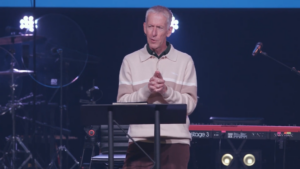
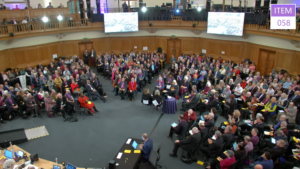
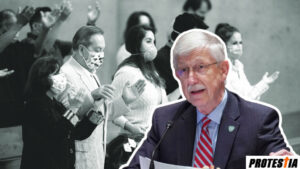
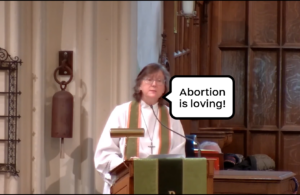

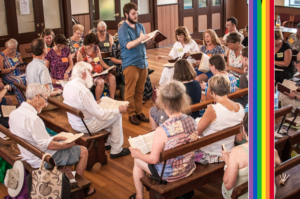



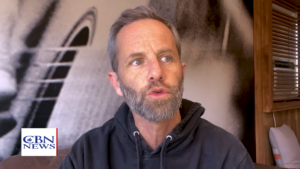
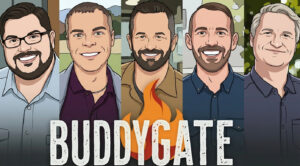


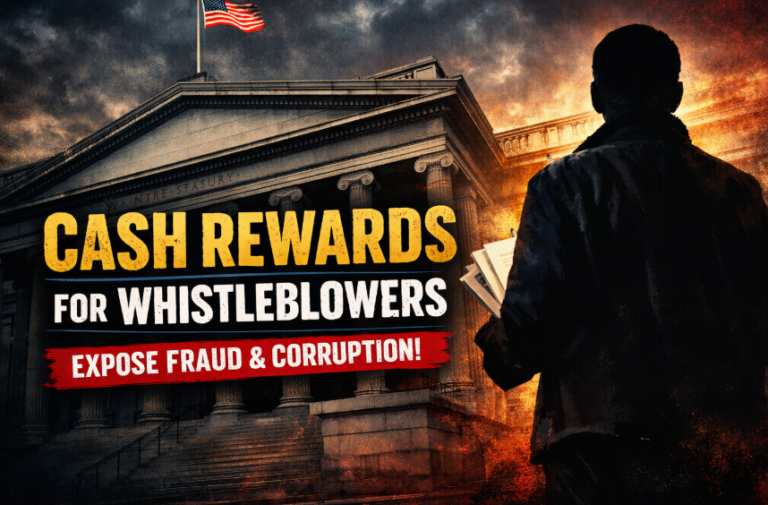

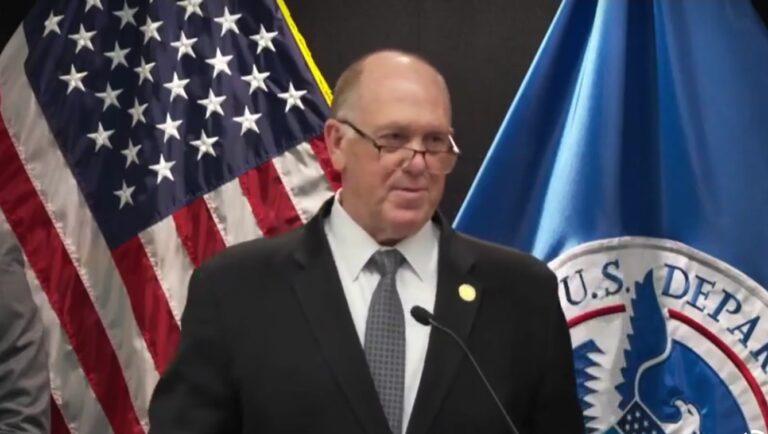

11 responses to “The Absurd-ioch Declaration?”
As usual, David hits it out of the park with this one
[…] has felt the rippling effects of the PSR in our circles. The ill-fated and ill-conceived Antioch Statement, produced by Doug Wilson, James White, and others, was published last week and squarely took aim at […]
Excellent article, David. While there’s no doubt that much of it probably is pushback and backlash, there’s still no excuse for it. As Jesus said, all sin comes from wickedness of the heart, regardless of the reason or intent. Scripture clearly and specifically tells us to not recompense evil for evil. It is sinful regardless of intent, and while pushback may only be the case with some, others are just racists looking for a theology that best fits their racism. Some of them you can correct with scripture, spoon-feed it to them, go to great lengths to explain how they’re wrong, and they’ll be right back saying the same mess five minutes later. For them, reformed theology is just a means to an end. Many simply do not care about the scripture, and will refuse to heed it. And if they will not respond the plain and simple text of the scripture itself, that tells me all I need to know about them.
This Antioch Declaration reads like re-branded Christian Nationalism hysteria. It seems deliberately difficult to read, like the authors are trying to conceal what they’re trying to say, while also trying to appear bold. All that stuff about “self-loathing” seems more derived from 30 year old supermarket-checkout pop psychology mags than scripture. Definitely don’t trust people that choose to communicate to conceal rather than reveal.
That sounds like they are taking a page out of Tim Keller’s playbook.
The Jews spread LGBTQP+ and Abortion. We need a declaration excommunicating everyone who thinks they retained any chosen or special status after 70 AD PERIOD. Call it the Titus Declaration.
Many would consider such actions as officially declaring God a lier, and His Old Testament promises to Israel pertaining to their “land” are now null and void and have been usurped by The Universal Church according to councils of various Christian men.
Excommunications to enforce such Dogma sounds very Roman Catholic.
Excellent article. I was just alerted to this document today and when I read it, a couple thoughts came to mind:
1. This was a solution looking for a problem. I was oblivious to the existential crisis that necessitated this monstrosity.
2. It smacked of the typical Doug Wilson “I’m the smartest man in the room” kind of language that says a lot while saying nothing.
Glad to see that I wasn’t alone in my assessment.
Unfortunately, as you’ve wisely concluded, if we are to address any singular problem with the church today, someone is going to have to make a more detailed and actionable statement. I took a glance at the thing and it looks almost like a hoax. While I agree we have problems with “Christian Nationalism”, Theological disputes and other matters but this thing is about as unhelpful as Nick Fuentes.
Easily work do it for everyone from home in part time and I have received 23K BUCKS in last 4 weeks by easily online work from home.i work daily easily 3 to 4 hours a day in my spare time. everybody can do this job and makes more income online in part time by just open this link and follow instructions……. http://www.workhighs.com
Easily work do it for everyone from home in part time and I have received 23K BUCKS in last 4 weeks by easily online work from home.i work daily easily 3 to 4 hours a day in my spare time. everybody can do this job and makes more income online in part time by just open this link and follow instructions. http://www.workhighs.com